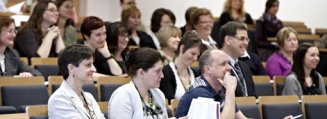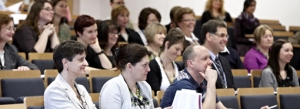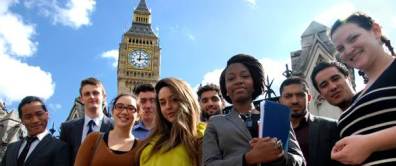When: 4th June 2015 (13:00-16:00) Where: Muirhead Tower, 714/5
Many industrialised societies are becoming increasingly diverse and unequal. However, the relationship between these two phenomena is to date under-examined. In the second IRiS Key Concepts roundtable, we have invited internationally renowned academics with long-standing expertise and interests in inequality to consider a range of questions. These include:
- How has inequality changed with the emergence of superdiversity?
- Does a superdiversity lens help us to address or conceal structural inequality and power relations in contemporary society?
- What new forms of social mobility and stratification are emerging in the context of superdiversity?











